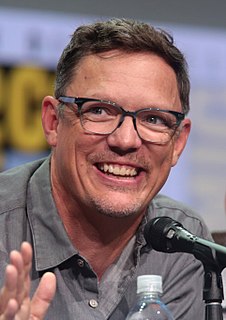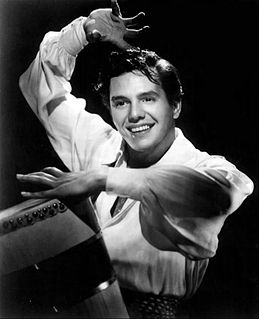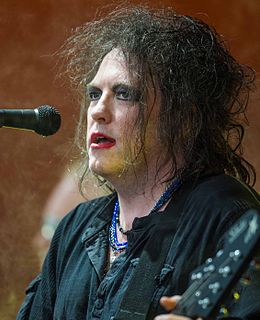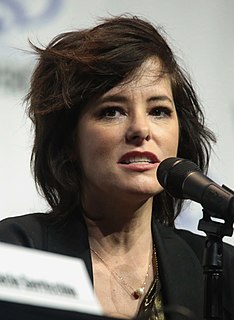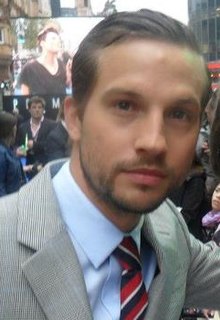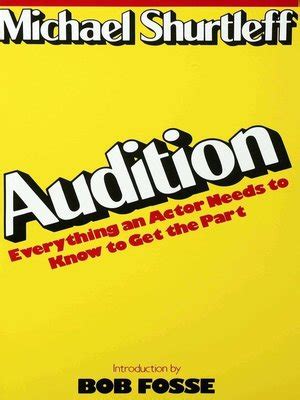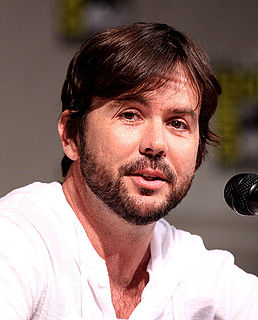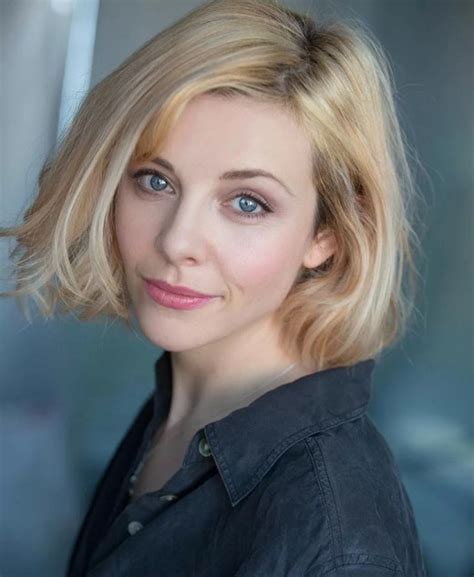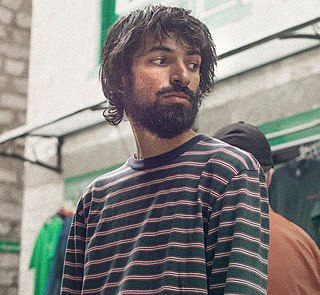A Quote by Matthew Lillard
There's not a comedy actor who doesn't want a chance to do drama, and vice versa. As actors, we're always looking to be pushed and to do the other side of the coin.
Related Quotes
As a writer, I haven't delved into dramatic writing. As an actor, I could always, even more so than comedy, do drama. When you do your comedy and your drama, your acting style doesn't change. If it's a comedy, the situations and the characters might be a little funnier, but you're just trying to be honest.
I've always thought that comedy was just another dramatic expression. I try to measure the amount of truth in a work rather than just looking at the generic distinction between comedy and drama. There's a lot of bullshit drama that leaves you totally cold. And there's a lot of wasted comedy time too. But when you get something honest, it doesn't matter what label you give it.
I am a fan of all genres. My big thing is to serve the purpose of the script and what the director wants. If it's a comedy, I want to be funny; if it's action, I want to bring the action. If it's drama, I want to be the catalyst for that drama. That's the fun part; it never gets boring being an actor.
The Western press has always insisted that India was Pakistan's enemy and vice versa, that the Hindus were against the Muslims and vice versa. They've never said, for instance, that my party has been fighting this attitude ever since we have maintained that religious hostilities are wrong and absurd, that minorities cannot be eliminated from a country, that people of different religions must live together.
